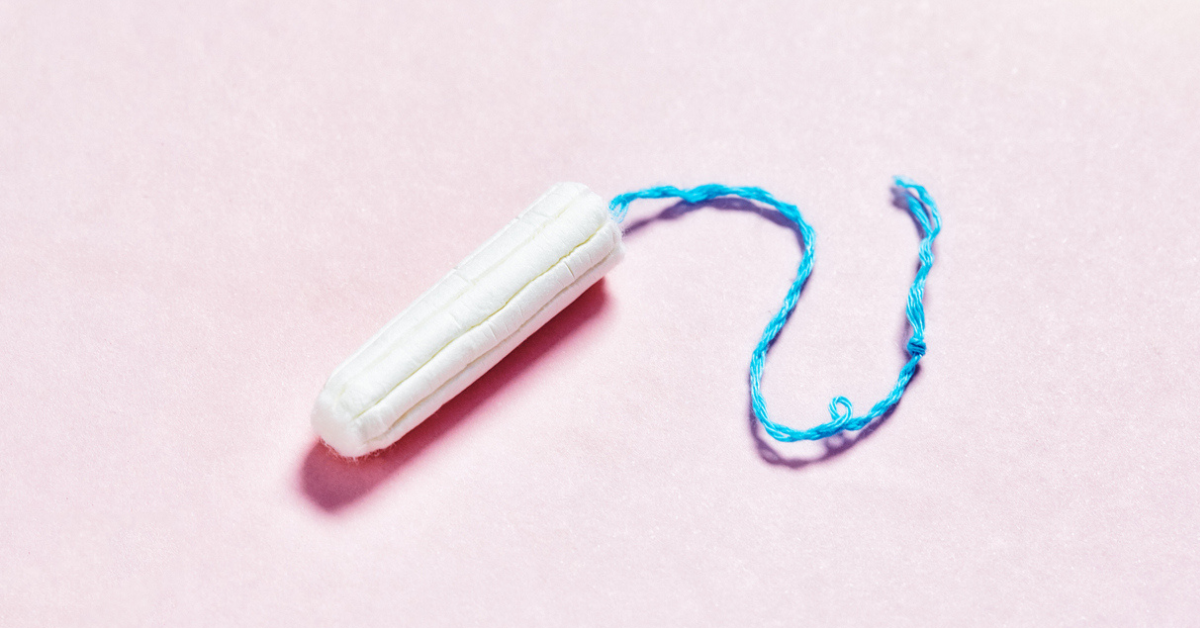Are Cora Tampons Among the Defendants in a Class Action Lawsuit? What to Know
People looking to avoid heavy metals have turned to organic tampons, but are they any better?
Published Aug. 16 2024, 4:03 p.m. ET
If you menstruate, you might know how difficult it is to find period products that do not contain harmful materials, such as toxic heavy metals. Fans of Cora menstrual products have been talking about the brand on social media after several mainstream tampons were found to contain toxic heavy metals.
While some folks are eagerly recommending the organic brand, others are questioning whether or not Cora tampons are named in a class action lawsuit that has taken aim at tampon manufacturers with hidden ingredients. Keep reading to learn who is facing legal action over the tampon claims, and where Cora fits into the lawsuit.

Was there a lawsuit filed against Cora tampons?
At the time of publication, Cora had not been named as part of any legal action on the Top Class Actions website. That information should soothe worried shoppers who are scurrying to find new tampon brands after learning about the investigation into popular manufacturers like Tampax, Kotex, and Playtex, which were found to contain trace amounts of a variety of known toxins, including arsenic and lead.
A study published in Science Direct in July 2024 broke down how 30 menstrual products tested. 14 came back positive for at least one metal(loid) — like barium, cobalt, mercury, lead, and more — with one brand even testing positive for 16 different metal(loid)s.
The organic tampon brand L. Inc. is being sued.
While Cora may not be facing legal action, Procter & Gamble's L. Inc. is. The company is part of a class action suit, according to Top Class Actions, over allegations that they used false advertising when they claimed their tampons were 100 percent organic. Instead, the plaintiffs claim that the tampons include synthetic ingredients, which are included in the small print on the back of the box.
According to the suit, those ingredients include paraffin, glycerin, and more. Additionally, the lawsuit states that the front of the box advertises the tampons are free from dyes and chlorine bleaching. On the back label, however, there is a statement that manufacturers used titanium dioxide to make the material look white.
The use of titanium dioxide has been banned in many instances in the European Union, something the lawsuit notes is an area of concern for U.S. shoppers.
LOLA organic cotton tampons are also facing a class action lawsuit.
L. Inc. isn't the only brand making headlines. ALYK Inc., the parent company of LOLA tampons is also being sued. According to accusations from one plaintiff, these tampons lack the extra layer of coating that prevents them from shedding when used internally. The suit goes on to claim that this has resulted in more than a dozen customers suffering from side effects, which can include things like irritation, injury, and even vaginal infections.
One user even said that her experience led to intense physical pain, and she's angry, saying that LOLA has been made aware of the issues but has yet to do anything to keep other tampon users from experiencing the same fate.
Whether or not these legal complaints end up going anywhere remains to be seen, but for now it seems like customers should be on the lookout and extra cautious when shopping for new tampons, heading online to check the reviews before they buy.
